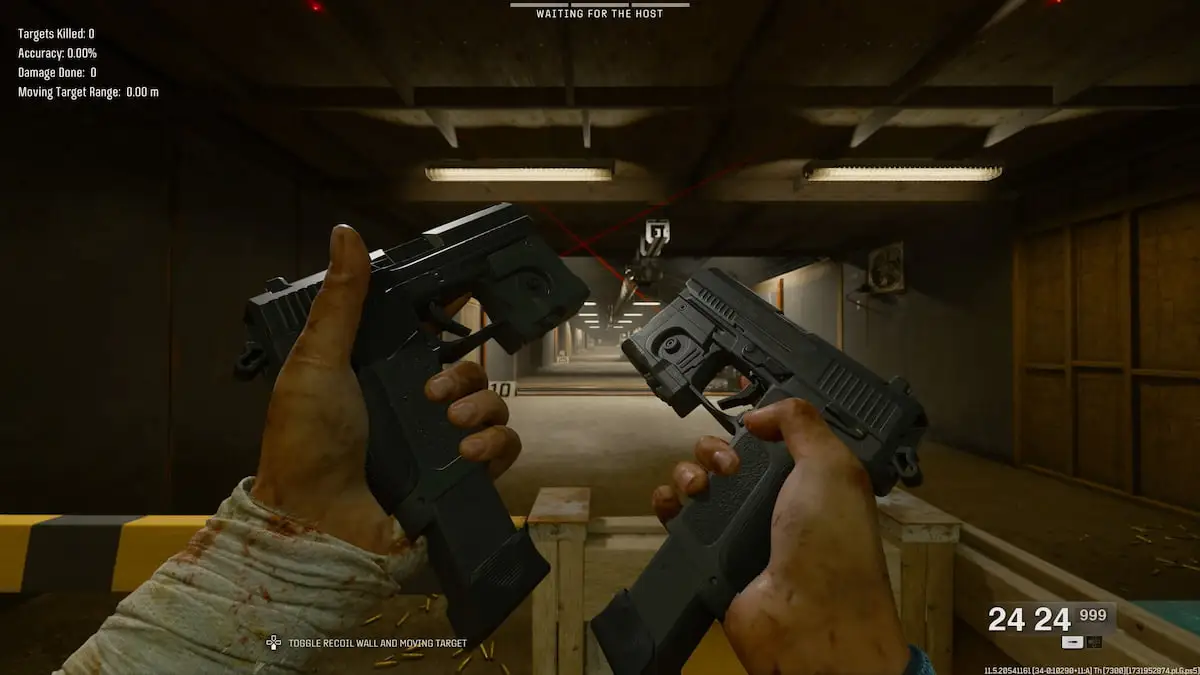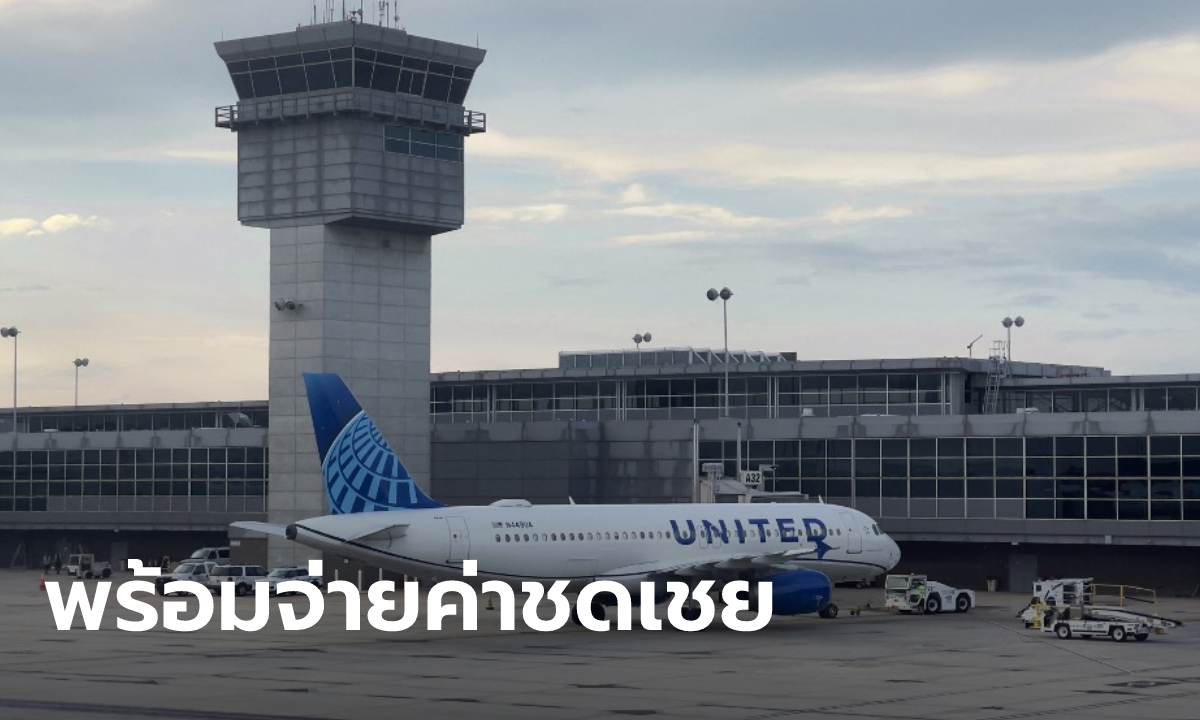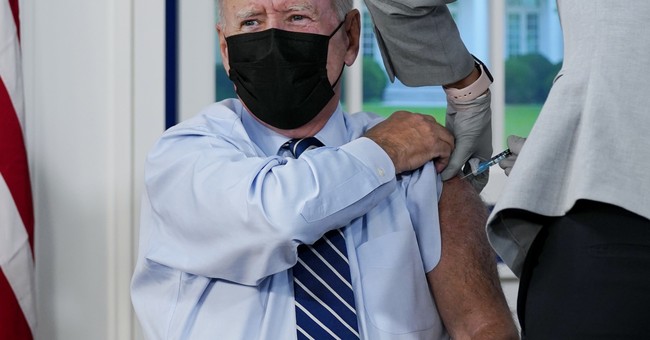On Tuesday, drugmaker AstraZeneca announced that it has requested an emergency use authorization grant from the U.S. Food and Drug Administration (FDA) for its Covid-19 prophylaxis drug.
This comes a month after the antibody cocktail was proven to be effective in the prevention of Covid symptoms among people highly at risk to be infected who received the drug prior to exposure, according to Forbes.
According to the company in a press release, its Phase III trial featuring over 5,000 participants revealed that the antibody cocktail was 77% effective in people who received the drug as a preventive measure by reducing the risk of developing Covid-19 symptoms.
![]()
The drug was developed as an antibody treatment that uses lab-made antibodies that can stay for months in the recipient’s body and protect them against infection.
It is however, important to note that the antibody treatments are not vaccines. Unlike the antibody treatments, vaccine which helps a recipient’s immune system build its own antibodies and infection-fighting cells against the virus.
According to Astrazeneca, the antibody treatment is effective in protecting people who may not develop a robust immune response to Covid-19 vaccines.
In addition, the company noted that trials performed in Vitro, I.e test tubes showed that the drug was able to neutralize emergent Covid variants, including delta and mu, adding that supply agreements for the antibody cocktail are in the works with the United States and other governments.
As stated by Astrazeneca’s chief of research and development, Mene Pangalos: “Vulnerable populations such as the immunocompromised often aren’t able to mount a protective response following vaccination and continue to be at risk of developing COVID-19. With this first global regulatory filing, we are one step closer to providing an additional option to help protect against COVID-19 alongside vaccines.”
Recall that, in June 2021, a trial of AstraZeneca’s antibody therapy among patients exposed to the virus failed to prevent symptoms. The effectiveness of the drug among people already exposed to the virus was only 33%, including exposed individuals who tested negative.
Related
Note: This article have been indexed to our site. We do not claim legitimacy, ownership or copyright of any of the content above. To see the article at original source Click Here














